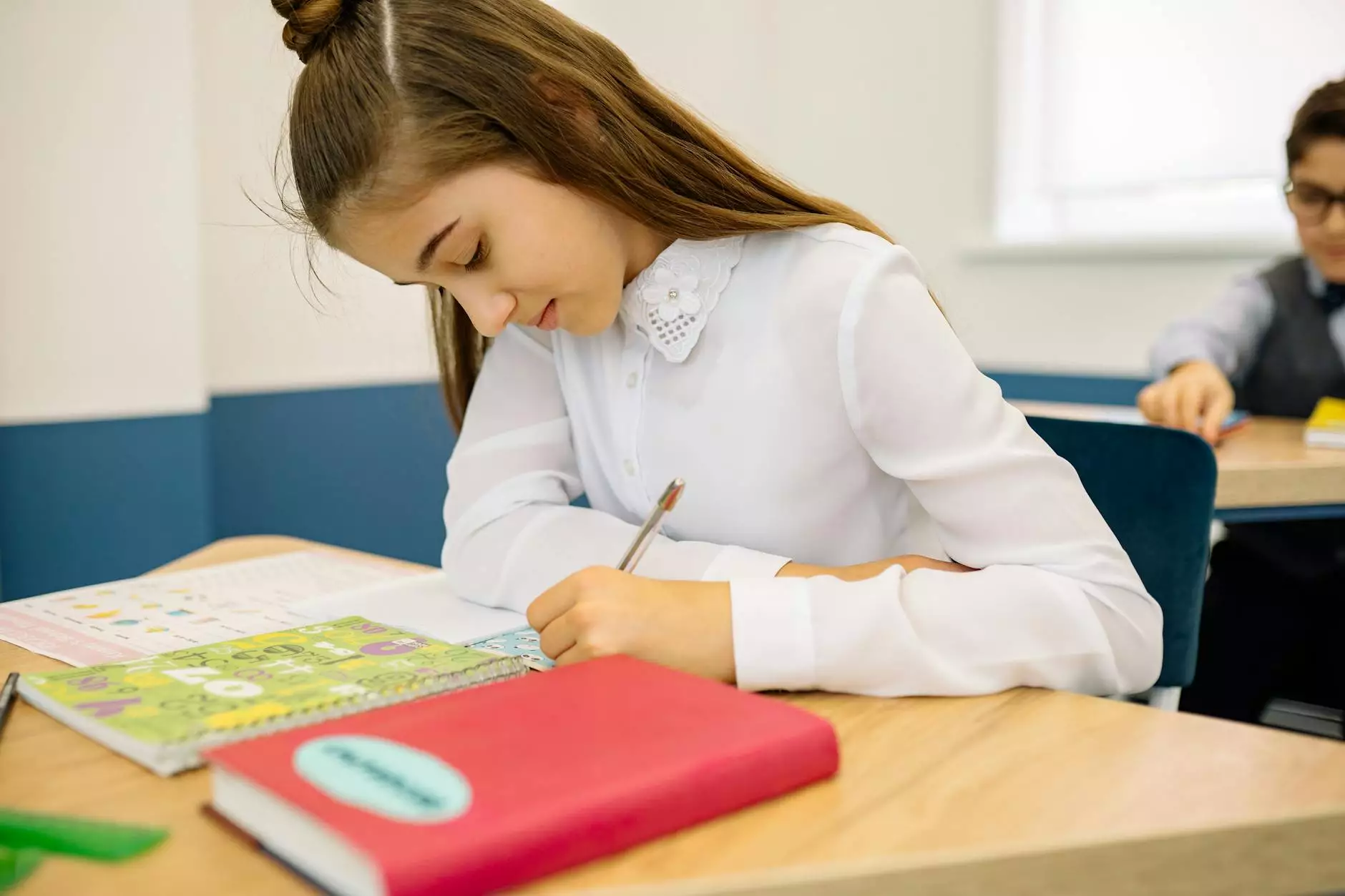What is the Importance of Critical Thinking Skills?

Enhancing Problem-Solving Abilities and Decision Making
In our ever-evolving world, critical thinking skills have become vital for success in both personal and professional domains. The ability to think critically allows individuals to analyze situations, evaluate information, and make informed decisions. At The Knowledge Nest, we understand the significance of critical thinking skills in today's society and aim to explore their importance in this blog post.
Definition and Components of Critical Thinking
Critical thinking refers to the process of actively analyzing, synthesizing, and evaluating information gathered from various sources. It involves logical reasoning, evidence-based decision making, and a willingness to question assumptions and biases. The key components of critical thinking include:
- Objective analysis of facts and evidence
- Identification of logical connections and relationships
- Ability to recognize and avoid common cognitive biases
- Open-mindedness and willingness to consider alternative perspectives
- Effective problem-solving and decision-making strategies
The Role of Critical Thinking in Personal Life
Critical thinking skills offer numerous benefits in personal life, enabling individuals to navigate complex situations, handle conflicts, and make informed choices. By critically evaluating information and arguments, individuals can avoid falling prey to misinformation and make decisions aligned with their values and aspirations. Additionally, critical thinking enhances creativity, enabling individuals to explore innovative solutions to challenges they encounter.
The Impact of Critical Thinking in Professional Life
In the professional realm, critical thinking is highly valued by employers across industries. Professionals who possess strong critical thinking skills are effective problem solvers, capable of assessing complex issues and proposing practical solutions. They possess the ability to analyze data, identify trends, and make sound decisions, contributing to the success of their organizations.
Critical Thinking as a Tool for Academic Excellence
Students who develop critical thinking skills excel academically. Critical thinking helps students analyze information, evaluate arguments, and participate actively in class discussions. It allows them to approach assignments and exams with a deeper understanding, leading to improved grades and overall academic performance. Furthermore, critical thinking fosters lifelong learning, as students develop a natural curiosity and desire to continuously expand their knowledge.
Developing and Cultivating Critical Thinking Skills
While some individuals may possess innate critical thinking abilities, others can cultivate and enhance these skills through deliberate practice and exposure to diverse perspectives. The following strategies can be employed to develop and strengthen critical thinking skills:
- Engage in reflective thinking and self-assessment
- Question assumptions and biases
- Seek out multiple perspectives and evaluate evidence objectively
- Participate in debates and discussions
- Practice active listening and effective communication
- Read and engage with a wide range of materials
- Develop problem-solving techniques
- Embrace intellectual curiosity and a growth mindset
The Future Demands Critical Thinkers
As our society continues to evolve rapidly, the demand for critical thinkers is on the rise. Employers seek professionals who can adapt to new challenges, think outside the box, and solve complex problems. Whether in the business world, scientific research, education, or any other domain, critical thinking remains universally valuable.
Start Cultivating Your Critical Thinking Skills Today
At The Knowledge Nest, we recognize the importance of critical thinking skills in empowering individuals to succeed in all aspects of life. Start developing and honing your critical thinking abilities today to unlock new possibilities and excel in an increasingly competitive world.










